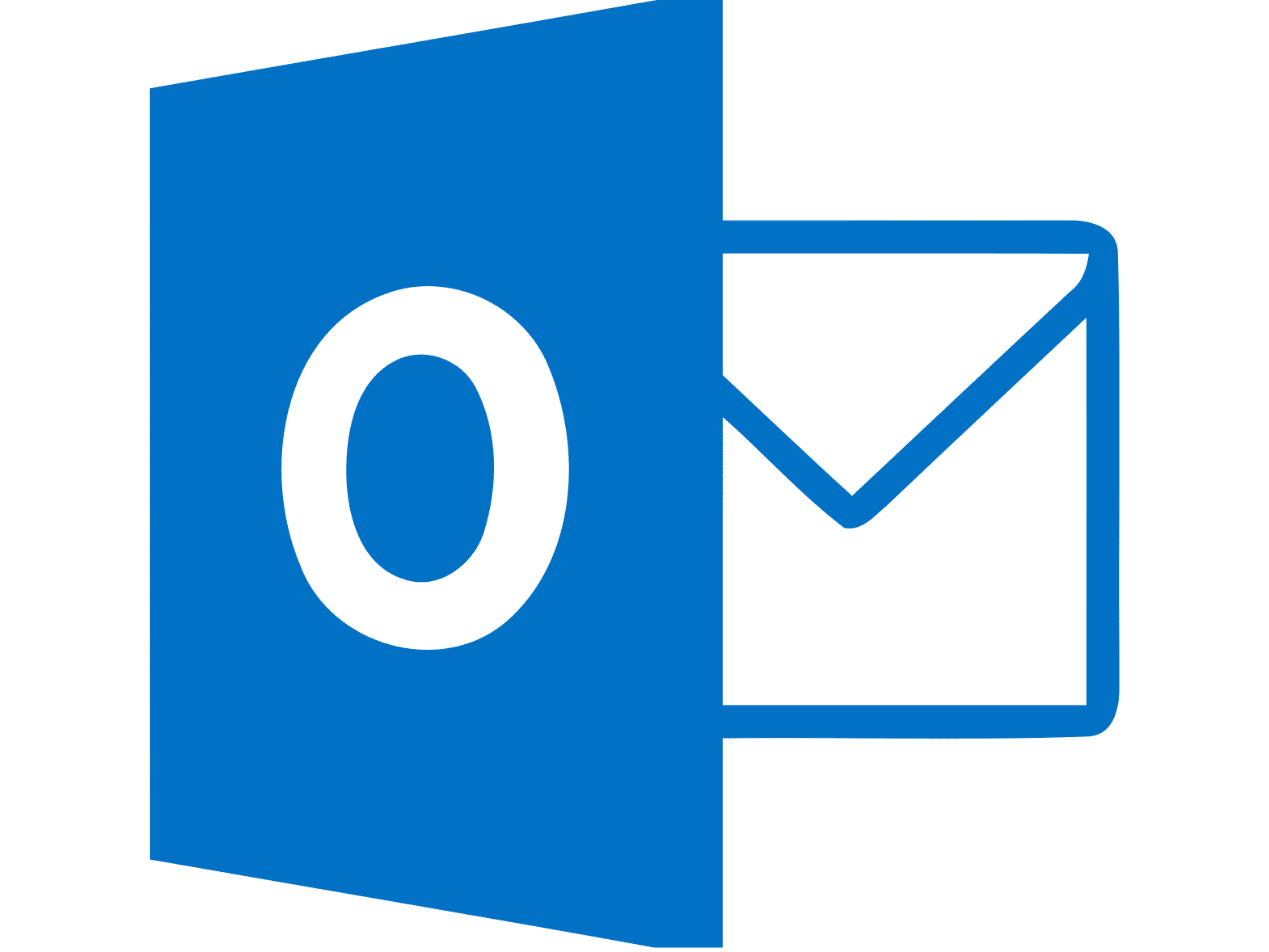2 min read
Patient consent and social media marketing for physical therapists
Tshedimoso Makhene
February 16, 2024

Physical therapists must adhere to ethical and legal requirements when using social media for marketing, especially regarding patient confidentiality and consent.
The impact of social media on marketing strategies for physical therapists
Social media enables physical therapists to build brand awareness, educate and empower patients, showcase success stories, engage with the community, enhance professional networking, and analyze performance. Using social media, therapists can elevate their marketing, establish credibility, and help more patients.
Social media marketing and HIPAA
Although social media marketing can be useful, physical therapists must preserve their clients' confidentiality. To prevent any breach of privacy when posting on social platforms, they must refrain from disclosing personally identifiable information or sharing content that may jeopardize client security in any way. Obtaining patient consent for using and disclosing their PHI allows covered entities and their business associates to remain HIPAA compliant. This consent should outline the types of information that may be shared and the platforms on which it will be published.
Go deeper: How to stay HIPAA compliant on social media
Email marketing and HIPAA
Physical therapists may use email marketing to communicate with clients and share useful resources. However, they must first obtain explicit consent from their clients before including them in their marketing campaigns. This involves obtaining permission to receive promotional emails, specifying their purpose and frequency of communication. Clients should be provided with an easy opt-out method to remove themselves from mailing lists at any time.
Go deeper: HIPAA compliant email marketing: What you need to know
Patient consent in marketing
Before using patient information for marketing objectives, covered entities must obtain explicit consent from the concerned individual(s). Patient consent should be informed, voluntary, and specific, clearly outlining how their information will be used and shared.
HIPAA requirements for patient consent
HIPAA requirements for patient consent revolve around protecting patients' health information and respecting their privacy. While HIPAA doesn't specifically mandate patient consent for treatment purposes, it does require healthcare providers to obtain patient consent for certain uses and disclosures of PHI. Here's a breakdown of HIPAA requirements related to patient consent:
- Notice of Privacy Practices (NPP): Healthcare providers must provide patients with a Notice of Privacy Practices that outlines how their PHI may be used and disclosed. This notice should also include information about patients' rights regarding their health information and how they can exercise those rights.
- Authorization for non-treatment purposes: For uses and disclosures of PHI unrelated to treatment, payment, or healthcare operations, healthcare providers generally need written authorization from patients.
- Minimum necessary standard: HIPAA requires healthcare providers to limit the use and disclosure of PHI to the minimum necessary to accomplish the intended purpose.
- Patient rights to access and control their PHI: Patients have the right to access their own PHI and request amendments to inaccuracies. They also have the right to request restrictions on certain uses and disclosures of their PHI; however, healthcare providers are not always required to comply with these requests.
- Business associate agreements (BAAs): When healthcare providers engage the services of third-party entities, business associates, that will have access to PHI, they are required to enter into a written agreement known as a business associate agreement.
FAQs
What is social media marketing?
Social media marketing (digital marketing and e-marketing) is the use of social media to build a company's brand, increase sales, and drive website traffic.
What is the role of social media in physical therapy?
Social media plays a multifaceted role in the field of physical therapy, offering numerous benefits for both practitioners and patients:
- Education and awareness
- Patient engagement and empowerment
- Community building
- Marketing and promotion
- Feedback and insights
Can social media lead to HIPAA violations?
Yes, if healthcare providers inadvertently share protected health information (PHI) without patient consent, such as posting patient photos, testimonials, or treatment details. Additionally, engaging in unsecure communication channels on social media platforms may expose PHI to unauthorized access or disclosure, violating HIPAA regulations.
Subscribe to Paubox Weekly
Every Friday we bring you the most important news from Paubox. Our aim is to make you smarter, faster.




